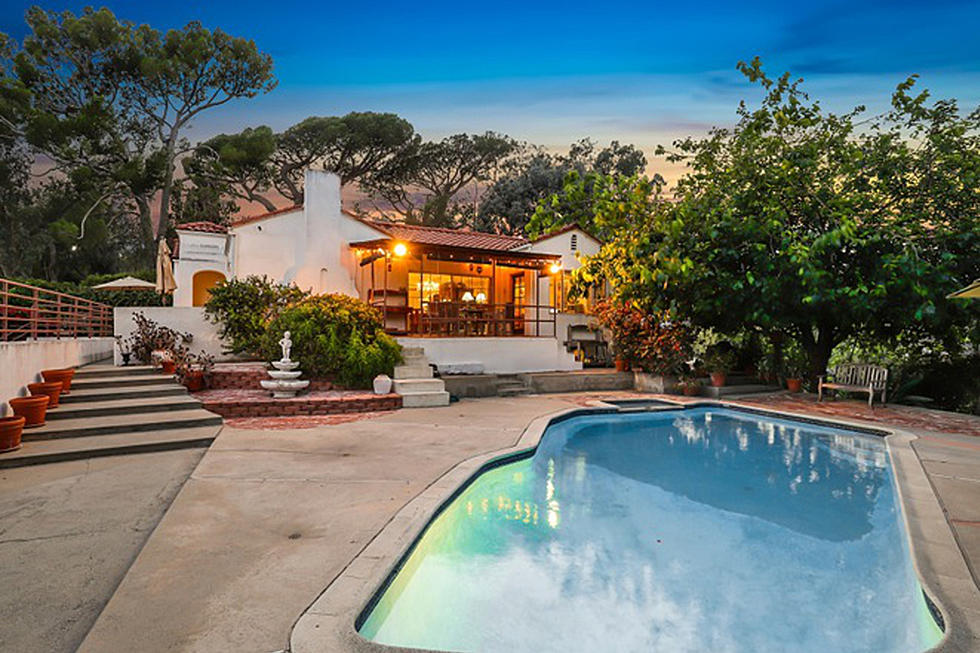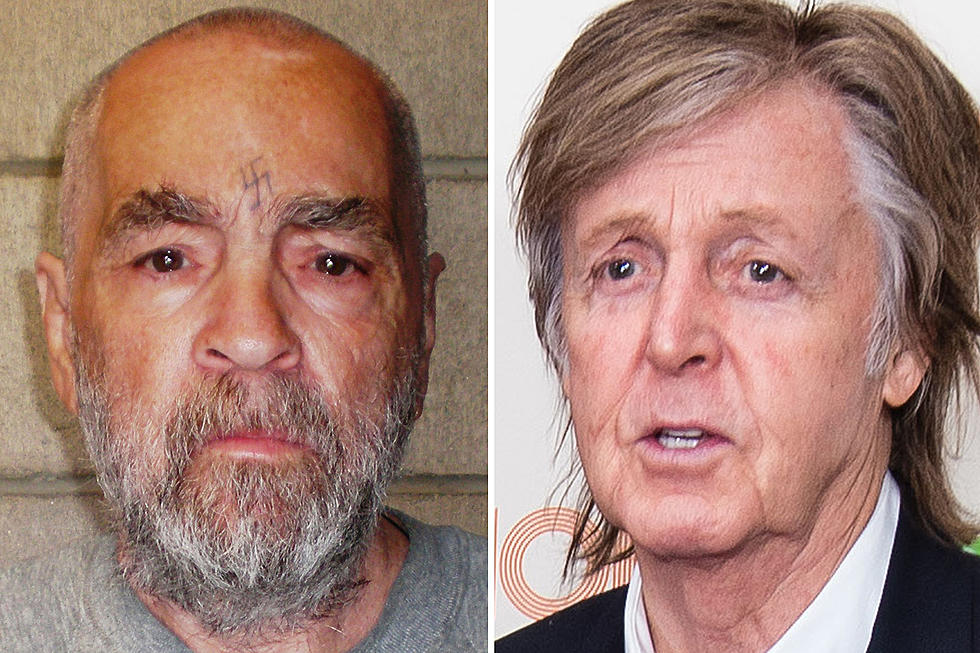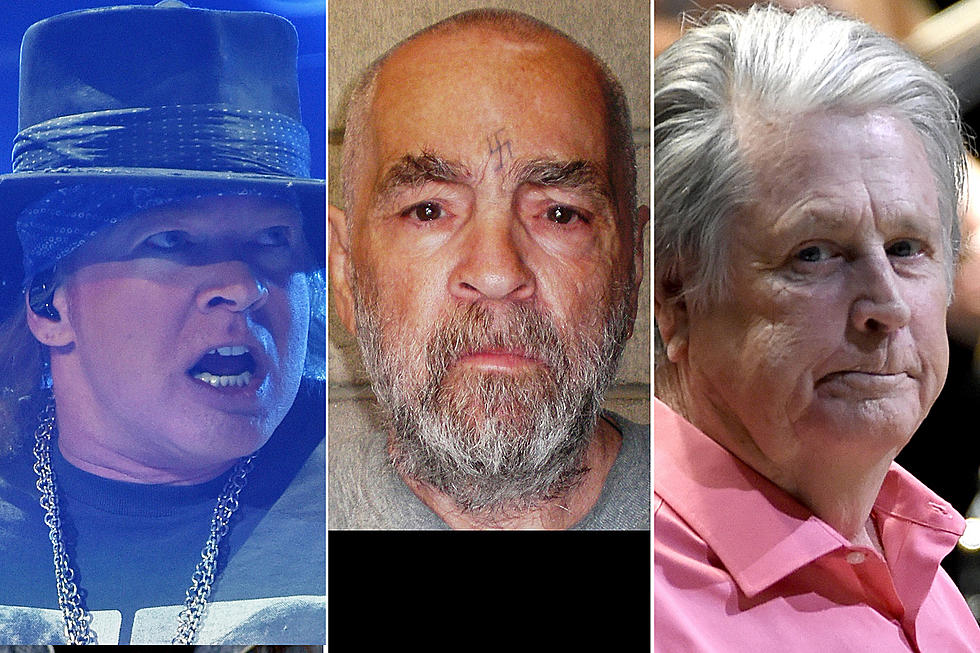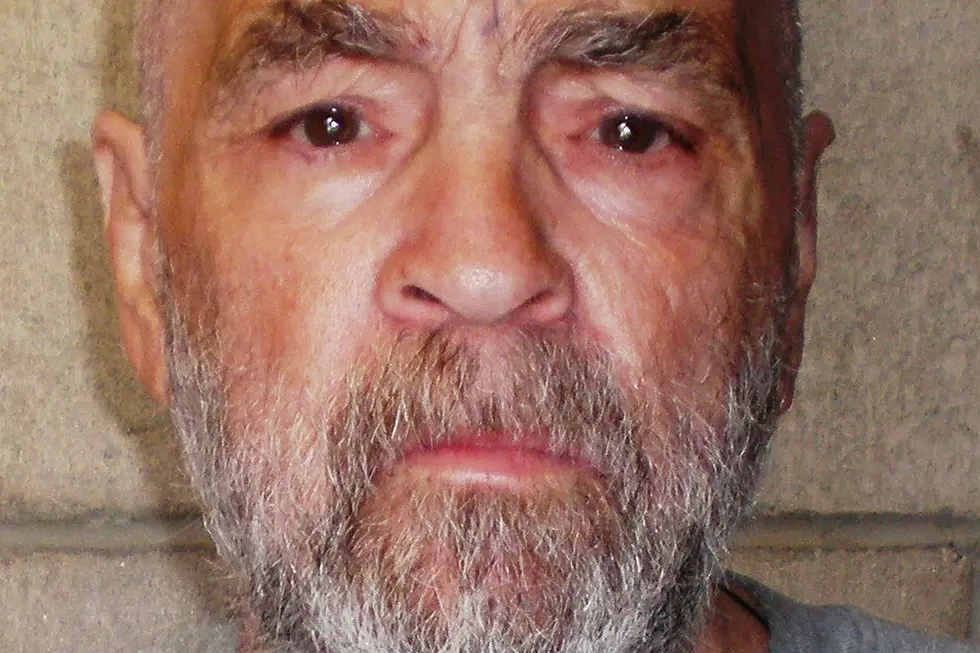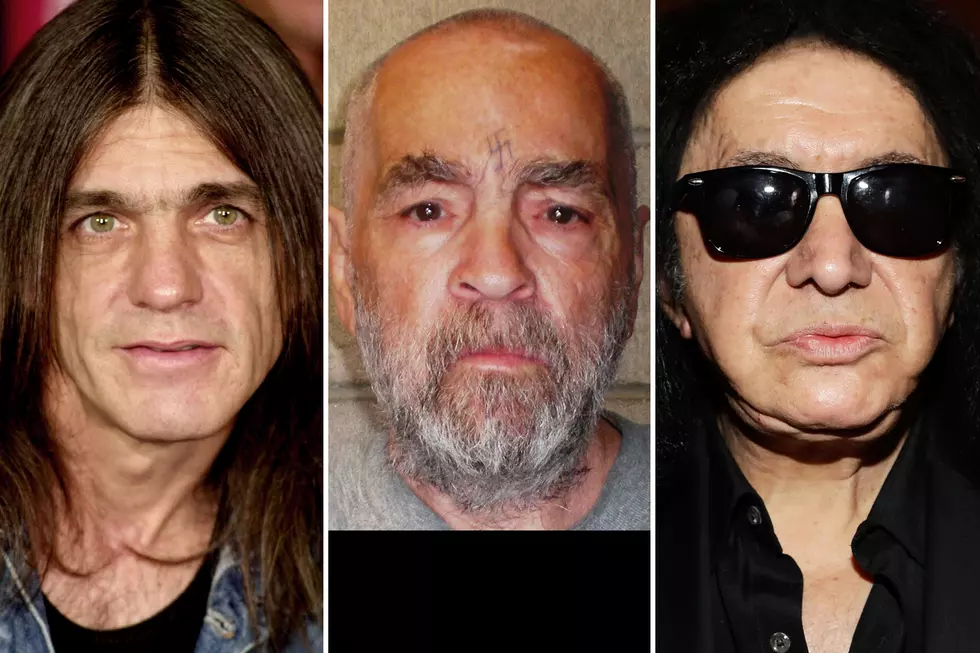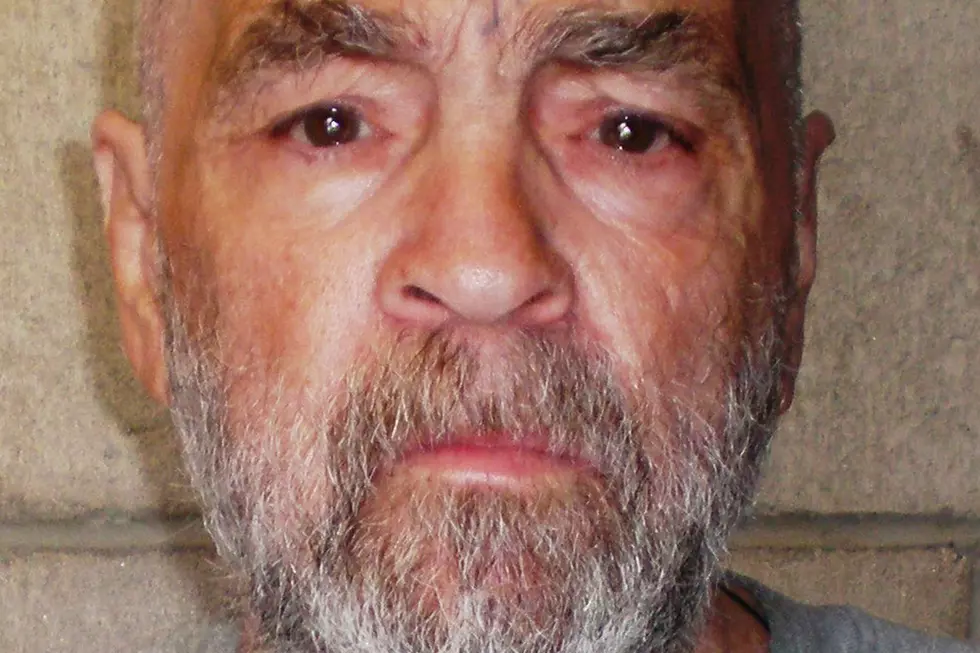
Three Claimants in Dispute Over Charles Manson’s Body
Three claimants are in dispute over the body of late mass murderer and cult leader Charles Manson, who died on Nov. 19 at the age of 83. TMZ reported that the case has been sent to a California court for a decision after paperwork filed with the Kern County Sheriff-Coroner’s office appeared incomplete.
The first claimant, Michael Channels, corresponded with Manson over many years. He submitted a will that, if genuine, would make him executor of Manson’s estate. However, the document is said to be “only partially legible” and to have been written in a rush in 2002 in order to secure Channels’ claim. In addition, Channels himself is listed as one of the will’s witnesses, which “casts doubt” on its validity.
The second application, from Matthew Robert Lentz, claims he’s Manson’s son and submits a different will, which has only one witness while two are required by law, meaning its validity is also in question.
The third claimant, Jason Freeman, says he's Manson’s grandson and that Manson had died without making a will. Freeman argued that, as next of kin, he's entitled to the estate, including the body. Charles Manson Jr., Freeman’s father – who changed his surname to White – killed himself in 1993. The alleged grandson’s position is unclear because Manson told prison authorities that he had no surviving family.
Under normal circumstances, estate custody disputes must be filed within 120 days of a death, meaning that, technically, there are more than 50 days remaining for more claimants to come forward. In the meantime, Manson’s body remains under the protection of the Kern County Sheriff-Coroner.
Soon after the cause of Manson’s death had been confirmed as cardiac arrest, respiratory failure and colon cancer, attorney Adam Streisand described the looming legal battle as “a food fight.” Speaking from his experience of having dealt with celebrity estate disputes, he said there was a concern of Manson’s remains being turned into a “shrine” to his memory. “You have to sort of worry about creating a monument that becomes a focal point for people to exercise their extremist views,” he said.
More From Ultimate Classic Rock
